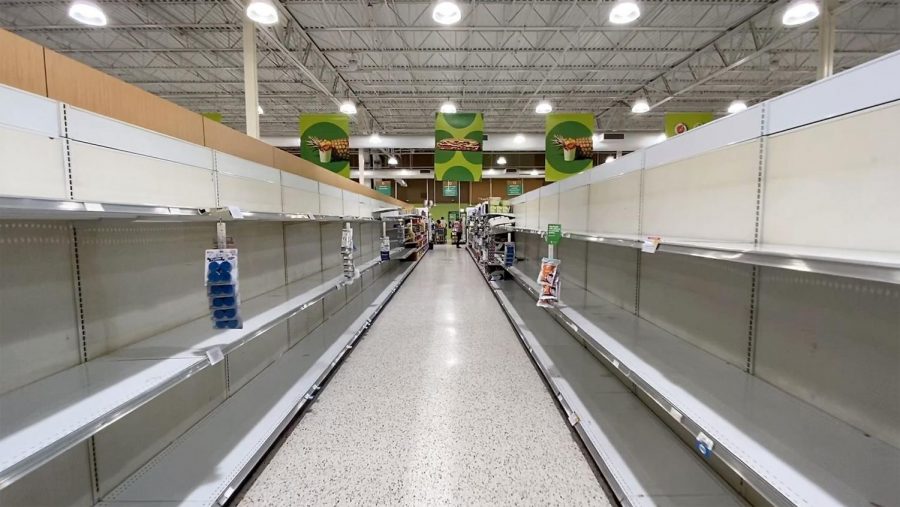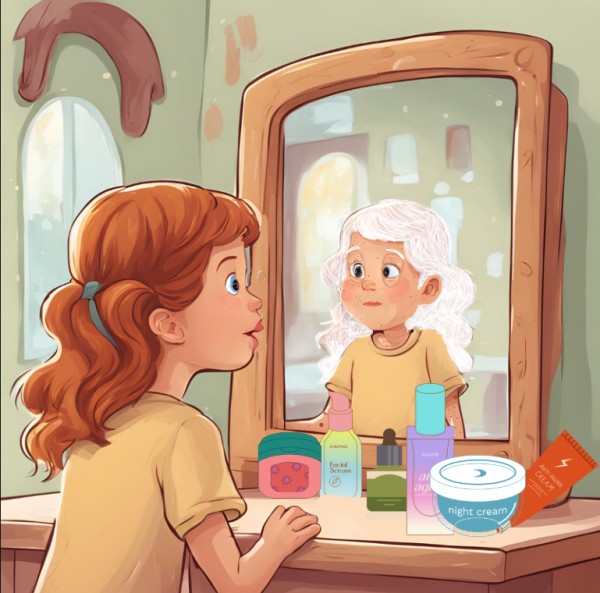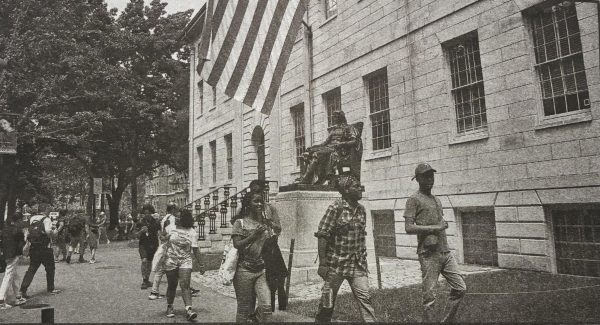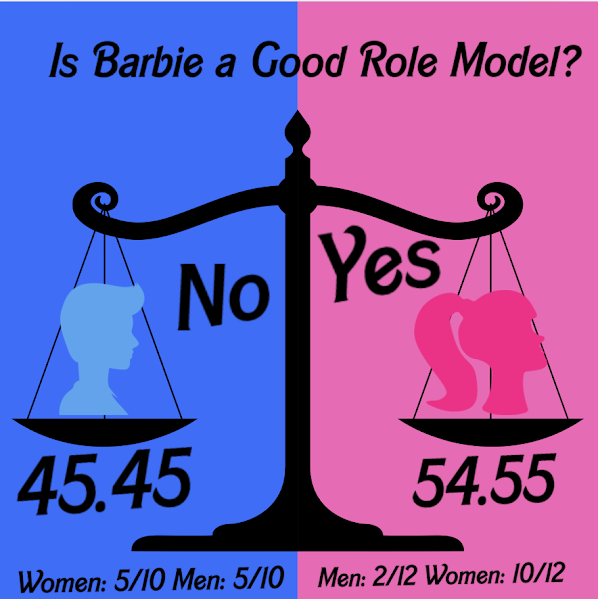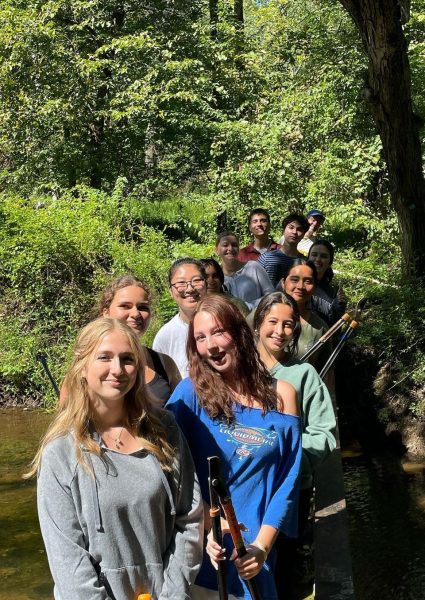Panic: the Real Epidemic
With the last few months of rapidly increasing chaos, fear is a normal and even healthy response. Practicing caution with social distancing and smart hygiene practices are indisputable musts in our new normal.
However, the immense panic that arrived in tandem with the virus poses a threat to our mental health almost as dangerous as COVID-19 itself. The energy of terrified and paranoid individuals is palpable.
Mass hysteria never solves a crisis, only worsens it. The old adage, “Worrying means you suffer twice,” surely takes root in this crisis. In a lockdown that has already jeopardized many individuals’ mental health, excessive panic will aid in the decline of sanity.
The media may have a duty to report the facts and the news, but fear mongering tactics are specifically designed to garner more views. We must be media-literate people and also look for the good news if we are to survive the day to day with sound minds.
Douglas Sitler, the Associate Director at National/International Media Relations at the University of Buffalo, cites Communication Professor Helen Wang’s advice on media literacy during the crisis:
“Media content featuring crisis situations is easily stress-inducing. Notice the thoughts and emotions in your automatic response,” Wang said. “Pause for a moment and recognize how negative thoughts and emotions are manifesting in your body. Maybe put the phone down for a few hours.”
Amidst the beginnings of the virus and media rumblings, xenophobia and unjustified racist responses placed blame on the wrong culprit. This ideology towards Asian-Americans only alienates and separates communities further than we have to already.
According to an ABC14News article by Brandon G. Jones, “Bystanders ‘refused to carry out CPR’ on a man who had a heart attack and died in Sydney’s Chinatown over fears he had the coronavirus.”
Though a healthy amount of anxiety and planning makes sense in these times, the new hoarding trend that has turned some into Doomsday preppers is doing more harm than individual good.
Excessive hoarding takes away supplies from people who are not able to buy as much at once or are unable to visit the stores as frequently due to chronic health conditions or accelerated age. These people are also the ones most at risk and least likely to be asymptomatic.
Hoarding also leads to price gouging, which has become almost as commonplace as the virus itself. The New York Attorney General even has a price gouging complaint form readily available because of the increased predatory resales, and the Charleston City Paper reports over 650 price gouging complaints in South Carolina alone.
People are still going out every week (armed with gloves and masks) to go shopping, so the hoarding really becomes pointless. If everyone bought what they needed for the week, we would not be experiencing such drastic shortages of essential items for all. We all bear responsibility by existing in a society, and acting as individuals with no concern for others only worsens crisis situations.
Controlling panic is not asking to eliminate fear completely, as this pandemic is extremely real. Acknowledging the panic simply means formulating a knowledgeable and healthy response to the chaos, protecting ourselves and others without adding to the disorder and confusion.
We must take care in preserving our own mental states and being less reactionary if we want to control the chaos, not the other way around. The only way we get through crises like this is not by fearing our neighbors but by coming together as local, national and global communities. Radical compassion is how we will survive.

